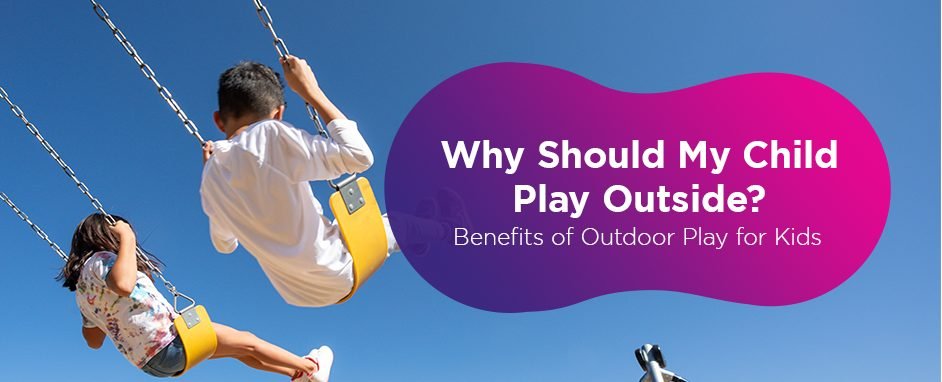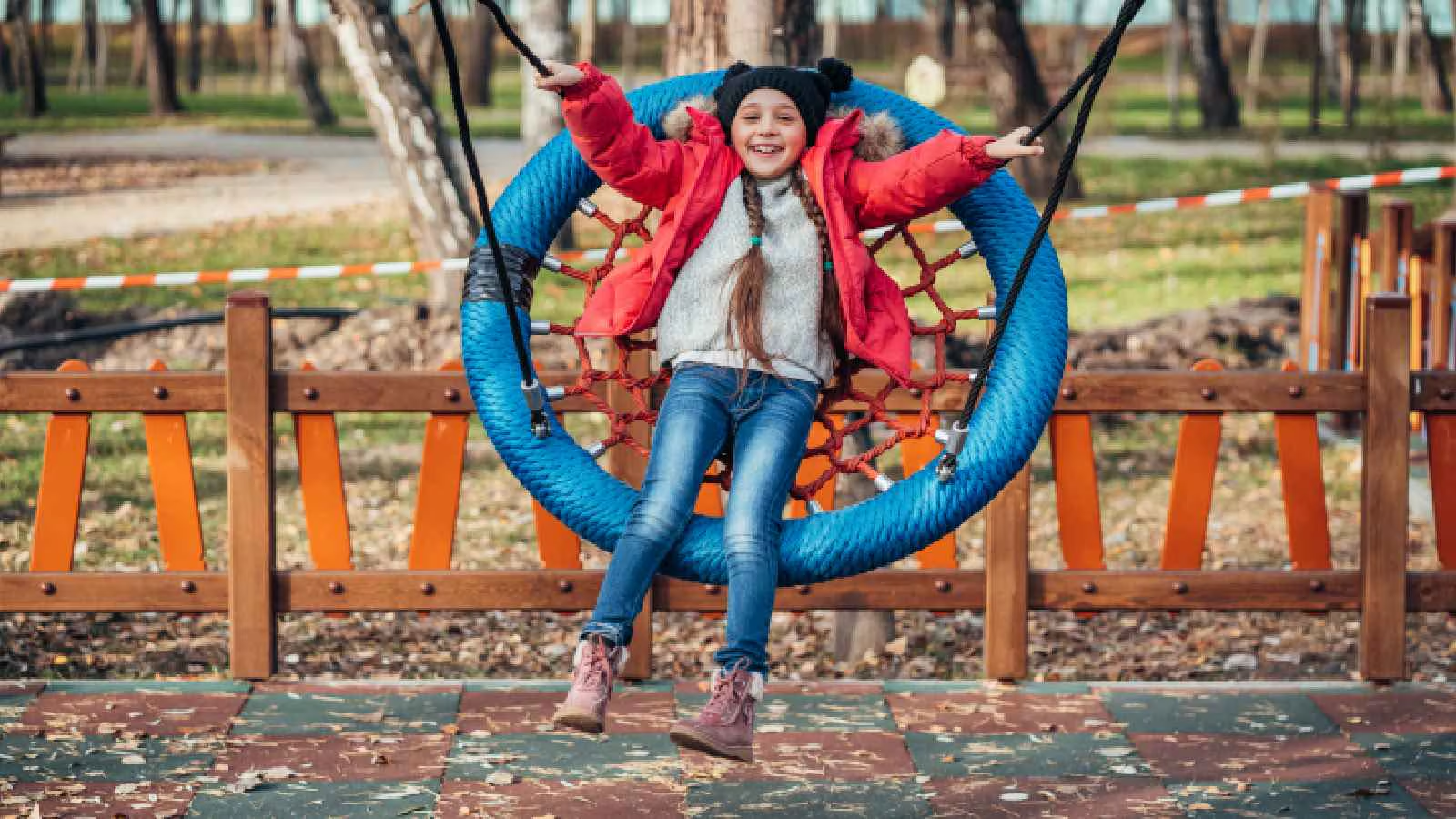Outdoor play is an essential part of a child’s development, offering a wide range of benefits that extend beyond physical activity. Engaging in outdoor activities helps children develop important life skills, improves their health, and supports their emotional well-being. Whether it’s playing in the park, hiking, or simply running around in the backyard, outdoor play encourages children to explore the world around them. Here are some key benefits of outdoor play for children.
Physical Health Benefits
Outdoor play is crucial for promoting physical health. It encourages children to move, jump, run, and climb, which helps to develop their motor skills and strength. Activities like cycling, playing tag, or jumping on a trampoline enhance coordination, balance, and flexibility. Moreover, exposure to natural sunlight helps children get sufficient Vitamin D, which is vital for bone health. The physical activity involved in outdoor play also reduces the risk of childhood obesity by promoting a more active lifestyle.
Cognitive Development
Spending time outdoors has a positive impact on children’s cognitive development. Nature provides endless opportunities for problem-solving, decision-making, and critical thinking. When children are outside, they often engage in unstructured play, which encourages creativity and imagination. For example, pretending to be explorers in the woods or building a fort out of sticks helps develop their cognitive and analytical skills. Furthermore, outdoor play provides a sensory-rich environment where children can observe and interact with their surroundings, leading to enhanced learning and brain development.

Social Skills and Teamwork
Outdoor play is an excellent way for children to develop social skills. When they play with other children in a group setting, they learn how to communicate, collaborate, and resolve conflicts. Activities like team sports, group games, or even shared imaginative play help children practice cooperation, negotiation, and empathy. These experiences teach them the value of teamwork and how to navigate social dynamics, which are important skills that they will carry with them throughout their lives.
Emotional Well-being
Spending time outdoors has a significant impact on a child’s emotional health. Nature provides a calm and peaceful environment that reduces stress and anxiety. Outdoor play also allows children to express their emotions and develop emotional resilience. For example, when a child faces challenges, such as climbing a tree or overcoming an obstacle course, they learn perseverance and the satisfaction of achievement. Outdoor play fosters self-esteem and confidence as children learn new skills and face challenges independently.
Connection to Nature
One of the most significant benefits of outdoor play is fostering a deep connection to nature. Children who spend time outdoors develop a sense of respect and appreciation for the environment. They learn about the world around them through firsthand experience—observing wildlife, studying plants, and exploring natural landscapes. This connection to nature fosters environmental stewardship, helping children become more mindful of the planet and its resources.
Better Sleep
Physical activity and exposure to natural light during outdoor play can lead to better sleep patterns for children. When children engage in outdoor activities, they expend energy, which helps them feel more tired at night, leading to deeper and more restful sleep. Moreover, exposure to natural light during the day helps regulate the body’s internal clock, making it easier for children to fall asleep at night and wake up refreshed.
Improved Focus and Attention
Outdoor play can also improve a child’s ability to focus and pay attention. Research has shown that spending time in natural environments can reduce mental fatigue, enhance concentration, and improve overall attention span. For children with attention-related challenges, outdoor play can be especially beneficial, as it offers a break from screen time and classroom settings, allowing them to reset and refocus.
Conclusion
Outdoor play is a vital part of childhood development that brings numerous benefits. It supports physical health, cognitive growth, and emotional well-being while fostering social skills and a connection to nature. Encouraging children to spend time outdoors not only enhances their overall development but also provides them with the tools they need to succeed in life. As we continue to navigate a world full of distractions, ensuring that children have ample opportunities for outdoor play is more important than ever.











